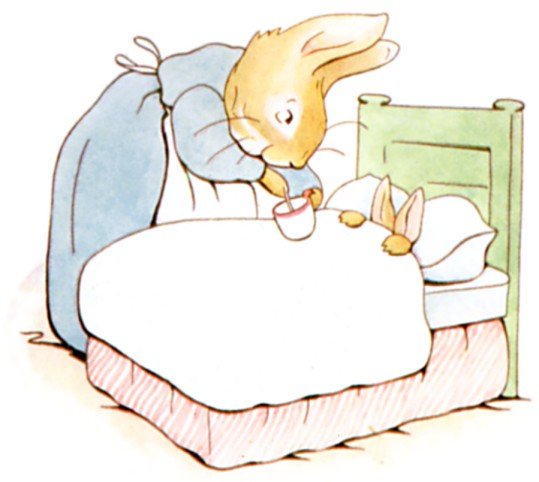What Can I Give My Rabbit For Diarrhea
A rabbit experiencing diarrhea is very serious. In the case of rabbits, diarrhea could be deadly if not treated as it can lead to a rabbit becoming severely dehydrated. Dehydration can then lead to a slew of additional serious medical problems.
Diarrhea in its true form is rare in adult rabbits and is more common
in baby rabbits and juveniles. It can occur quickly and cause deaths of
young rabbits within hours. Should your pet be experiencing diarrhea,
monitor them closely and note symptoms like loss of appetite, lethargy,
or runny stool, take the kit immediately to an experienced rabbit
veterinarian.
Diarrhea is distinguished by watery or mushy fecal droppings. It may be caused by any of the following:
- Intestinal parasites or inflammation of the intestine;
- Stress or trauma;
- Bad diet management including overfeeding of a fresh green or malnutrition.
As a reminder, a rabbit’s diet needs to be balanced; they should
receive no more than 1 to 2 oz. per 6 lbs. body weight in fruits per
day, an average of 2-3 cups of fresh chopped vegetables per day,
unlimited hay, unlimited supply of water and high-quality pellet food
depending on their age and size.
Addressing Rabbit Diarrhea
If you’ve confirmed that your bunny has developed diarrhea, first and
most importantly, keep your friend hydrated. Diarrhea is usually caused
by a bad diet or a gastric irritation. It is usually caused by a change
in food, unhygienic surroundings or sickness from another animal.
Diarrhea should not be taken lightly. While keeping your pet
hydrated, keep your veterinarian updated on what’s happing and as a home
therapy, provide it with a good and balanced diet along with a clean
and soothing environment.
Diet management is key and this should focus on high fiber that will help correct the balance of nutrients going to the cecum for fermentation and maintains the normal population of “good” bacteria. A low fiber diet may throw the fermentation process out of balance that will result in production of harmful toxin producing bacteria leading to diarrhea, dehydration and eventually, death.
Identify any stressors like temperatures, change in feed or travel
that can cause your bunnies to become tense, irritable and susceptible
to diarrhea?
Do not self-medicate without your doctor’s advice. Using certain
antibiotics may alter the population of microorganisms in the cecum and
destroy beneficial bacteria which allow an increase in the number of
harmful toxin producing bacteria. If antibiotics are necessary due to
illness, only use those recommended for rabbits by your veterinarian. Do
not use antibiotics continuously as a preventative.
The best home treatment would be to take away your bunny’s feed for
2-3 days and provide only water and small amounts of hay. If your
bunny’s stool improves, gradually begin feeding small amounts of feed
each day until full feed is resumed within 2-3 days. Should the
situation worsen or remain the same, call your veterinarian.
Prevention and Proper Care
The best way to take care of your pet and prevent diarrhea is by
ensuring a proper and well balanced diet. Limit feed intake in all of
your rabbits, except lactating does and newly weaned bunnies which
should be feed free choice.
Good sanitation and management practices can also help prevent
diarrhea from developing. Be sure your rabbit has proper housing and
protection from the elements and predators to keep them healthy and
happy.
When it comes to diet, do not suddenly change your pet’s feed because
rabbits have sensitive stomachs and any rapid change may update their
digestive anatomy. Experts advice pet owners that changes in diet should
be done gradually, over 7-10 days. This will give your rabbit time to
adjust and get used to the taste but for their system to adapt to the
new food item.
You will need to slowly increase the new item while lowering the
older product. This is the same for weaning babies or changing their
formula. Rabbits are creatures of habit when it comes to eating so try
to feed your rabbit at the same time each day, ideally in the evening,
due to your rabbit’s nocturnal nature.
Remember the following tips:
- Try to serve a mix of three or more vegetables each day for variety.
- Food that contains high amounts of sugar, such as fruit, should be served occasionally as a treat.
- Don’t serve your pet any food items unless you know they’re organic, clean and safe.
- Any food that causes diarrhea should be removed from the diet immediately!


لا اله الا الله محمد رسول الله